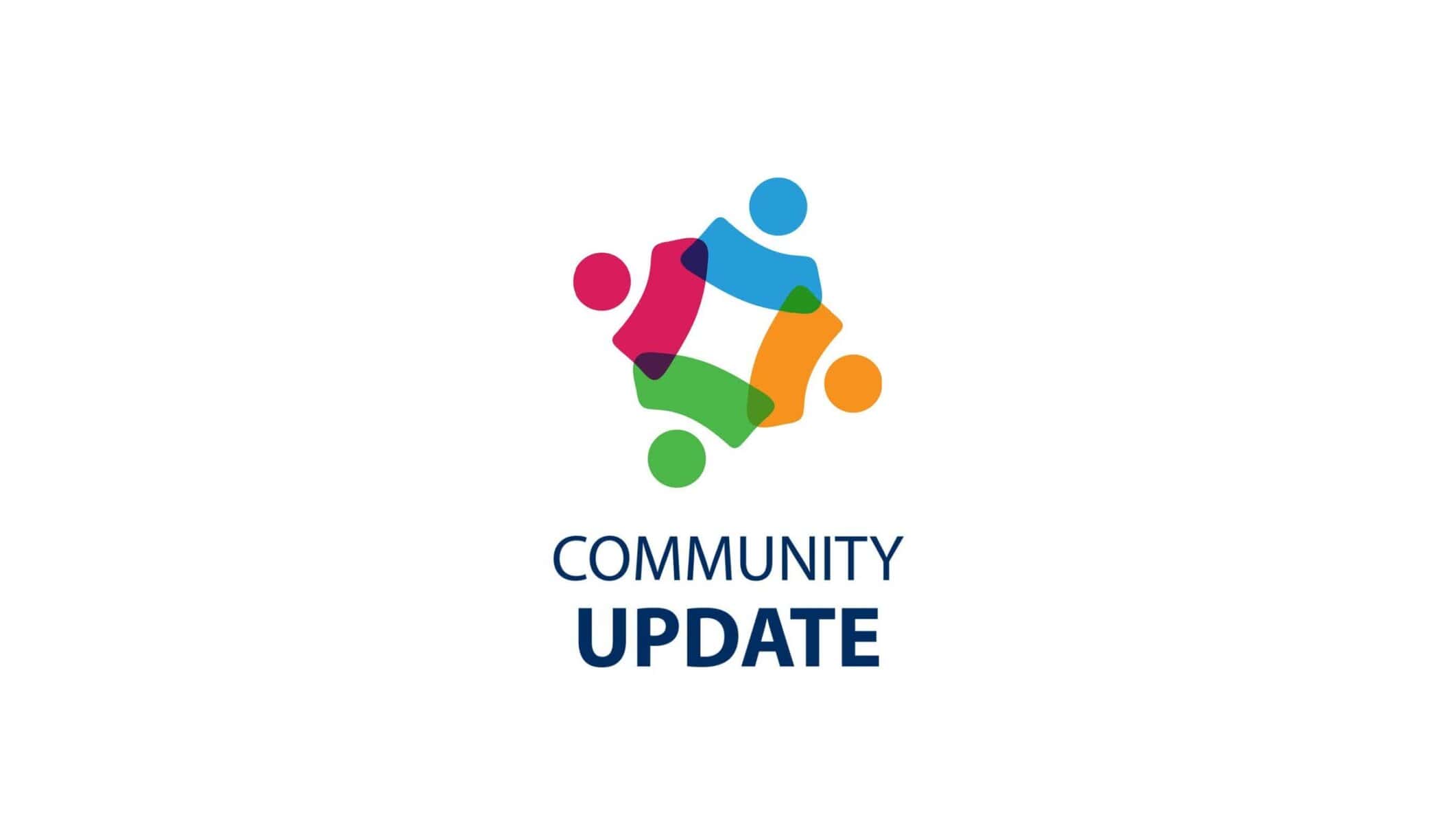A Student’s View of NJ’s Amistad Curriculum

This story is being republished under a special NJ News Commons content-sharing agreement related to COVID-19 coverage. Link to FULL story: publicsq.org/democracy-politics/5oq0y4z87qcgdqoik2nujslzu5idyq
In Public Square Amplified’s previous publication, interviews between reporter, Zoe Van Gelder, and seven fellow students within the Jersey City Public Schools District revealed a very noticeable trend in the small pool of interviews: not one student knew what the Amistad curriculum was, despite a 2002 New Jersey law that mandates all students learn under its guidelines. This is perhaps because the Amistad curriculum doesn’t exist in the way most would think, as a distinctly written rubric of classroom lessons and materials. Although legislators and educators most often call it the Amistad “curriculum,” it is many things beyond one set of lessons.
If the Amistad curriculum, named for the successful 1839 uprising aboard the slave transport Amistad, is not actually a curriculum in the way we often imagine, it’s natural to wonder what exactly it is, and why it has become nearly invisible and mostly unheard of. In the context of New Jersey legislation, Amistad references the 2002 statute which established an emphasis on the inclusion and enforcement of African American studies, contributions, and stories being placed in rightful context in history and English Language Arts classes within all New Jersey public schools.
Creation & implementation: The Amistad Law, proposed by Assemblymen William D. Payne and Craig A. Stanley, was modeled on the previous Holocaust legislation spearheaded by then-State Sen. and future Gov. Jim McGreevey, a statute that resulted in the creation of the New Jersey Commission on Holocaust Education. The education students began receiving surrounding the Holocaust motivated legislators to produce a similar law educating children about the contributions of Black Americans for both global and United States history, thus setting in motion the legislative process that resulted in the passage of the Amistad Law in August 2002.
The Amistad Law established the creation of the Amistad Commission, a 23-member consortium (originally 19) of commissioners plus support staff, that oversees the implementation and integration of African American studies within New Jersey public schools. Though the staff and management have changed throughout the years, it is now, like the Holocaust Education Commission, “in but not of” the Department of Education, following a 2011 decision by then-Gov. Chris Christie and as officially enacted by Gov. Phil Murphy in January 2021. This means the Commission can continue to operate independently, but with the full support and status of the Department of Education behind them, with the secretary of education sitting on the board.









